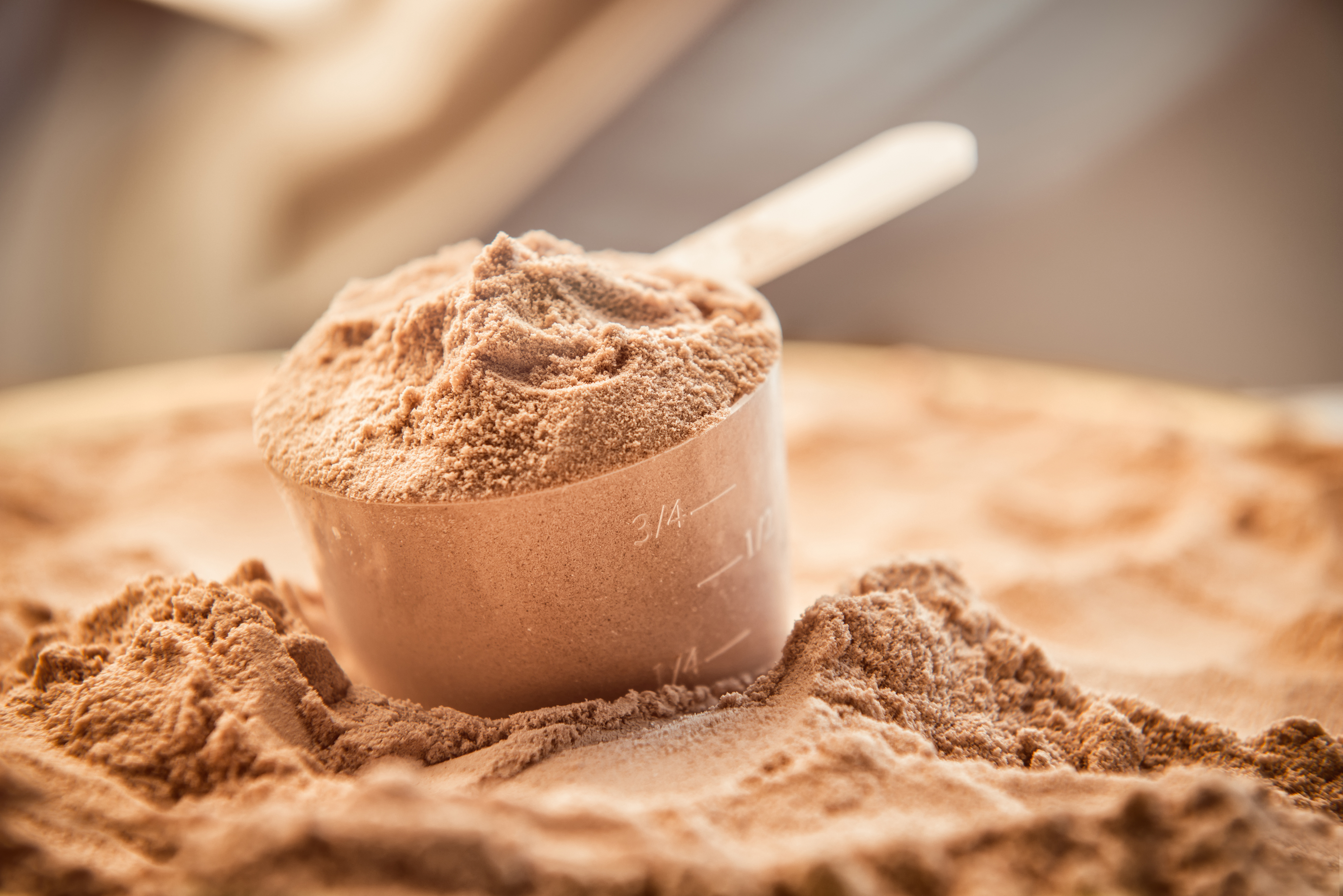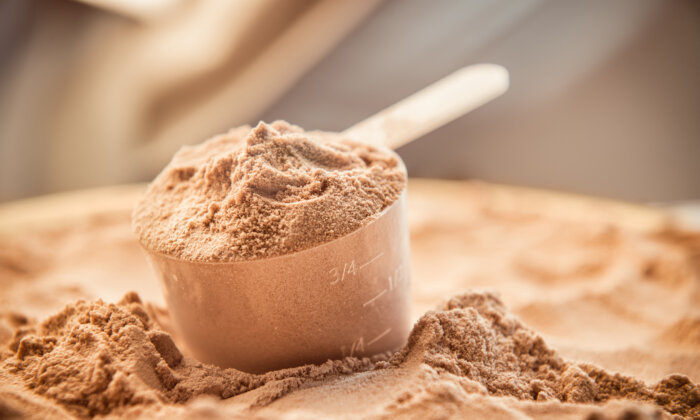
Choosing a protein powder can be a complex decision, influenced by your lifestyle, nutritional requirements, and the variety of products available. From hemp to pea to whey, protein powders are a popular choice for individuals looking to enhance their protein intake and overall health. With numerous options on the market, each offering unique benefits and drawbacks, navigating the world of protein powders can be overwhelming. Understanding the different types of protein powders is crucial for making an informed decision that aligns with your dietary and fitness objectives.
Dr. Robert McLaughlin, a board-certified orthopedic surgeon, advises that protein powder should complement, not replace, whole foods for most people. Protein supplementation may not be necessary and could be harmful for sedentary individuals or those with medical conditions like kidney disease. However, athletes and highly active individuals can benefit from additional protein for muscle growth and repair.
The choice between animal-based and plant-based protein powders depends on individual needs and diet preferences. Both sources have their unique advantages and benefits.
Soy protein is a rich source of fiber, vitamins, and minerals like calcium, iron, magnesium, and zinc. The amino acid profile of soy protein closely resembles animal protein, although the specific amino acid content can vary among soy products due to different processing methods. A 2020 study published in the International Journal of Environmental Research and Public Health found no significant difference between soy and whey protein in terms of building lean mass and strength during strength training. Hemp protein powder, made from ground hemp seeds, is a complete protein containing all nine essential amino acids, omega-3 and omega-6 fatty acids, and fiber. Brown rice protein powder, extracted from brown rice, is rich in vitamins and minerals and has been shown to be as effective as whey in improving exercise performance and body composition.
Concentrates, isolates, and hydrolysates are different types of protein powders with varying protein content and processing methods. Concentrates contain up to 80% protein, isolates have over 90% protein, and hydrolysates are pre-digested for faster absorption. Research on the effects of these protein types on muscle gain and fat loss is inconclusive, with individual preferences and dietary goals playing a significant role in choosing the right protein powder. It’s essential to be mindful of potential drawbacks of protein powders, such as overconsumption risks, quality concerns related to additives and heavy metals, nutrient gaps, and digestive disturbances for individuals with lactose intolerance.
To ensure you’re selecting a high-quality protein powder, look for minimal ingredients, organic options, and certifications like NSF Certified for Sport or Informed Choice. Consult with a healthcare professional or dietitian for personalized recommendations. It’s also important to avoid over-reliance on protein powders to prevent missing out on essential nutrients found in whole-food protein sources. For optimal muscle-building benefits, it is recommended to consume protein within two hours of a workout.
“I have found whey protein isolate to be a high-quality option for many of my active patients looking to build muscle and recover from exercise,” McLaughlin said. “For those sensitive to dairy, a plant-based powder like pea protein can also work well and provide a complete amino acid profile,” he added. “Either way, I recommend choosing a powder with minimal added sugar.”
Any type of protein powder is simple to mix into a glass of water or milk or blend into a smoothie. However, protein powders have uses beyond just the glass.
“There are so many ways to add protein to your recipes and your plate,” Meredith Mann, founder of The Peachie Spoon, a certified holistic nutrition coach and recipe developer, told The Epoch Times in an email. “Baked goods like cookies, muffins, brownies, and baked oatmeal or n’oatmeal [grain-free porridge-like alternative] are favorites of mine,” she added.
“A plant-based protein powder, usually from rice and pea protein, can be a great option too, especially if your dietary preference is to not eat animal products,” said Mann. However, plant-based varieties tend to have a chalky taste, rendering them not the best option for adding to baked goods, she noted, suggesting mixing a serving of the powder into plain yogurt or cottage cheese and enjoying it with a spoon or using it as a dip for fruit.
Whatever source and form of protein you choose, quality is key when it comes to protein powders. Look for varieties with minimal ingredients.
Mann said, “Some protein supplements can contain additives, artificial sweeteners, and added sugars, which some people may want to avoid.”





